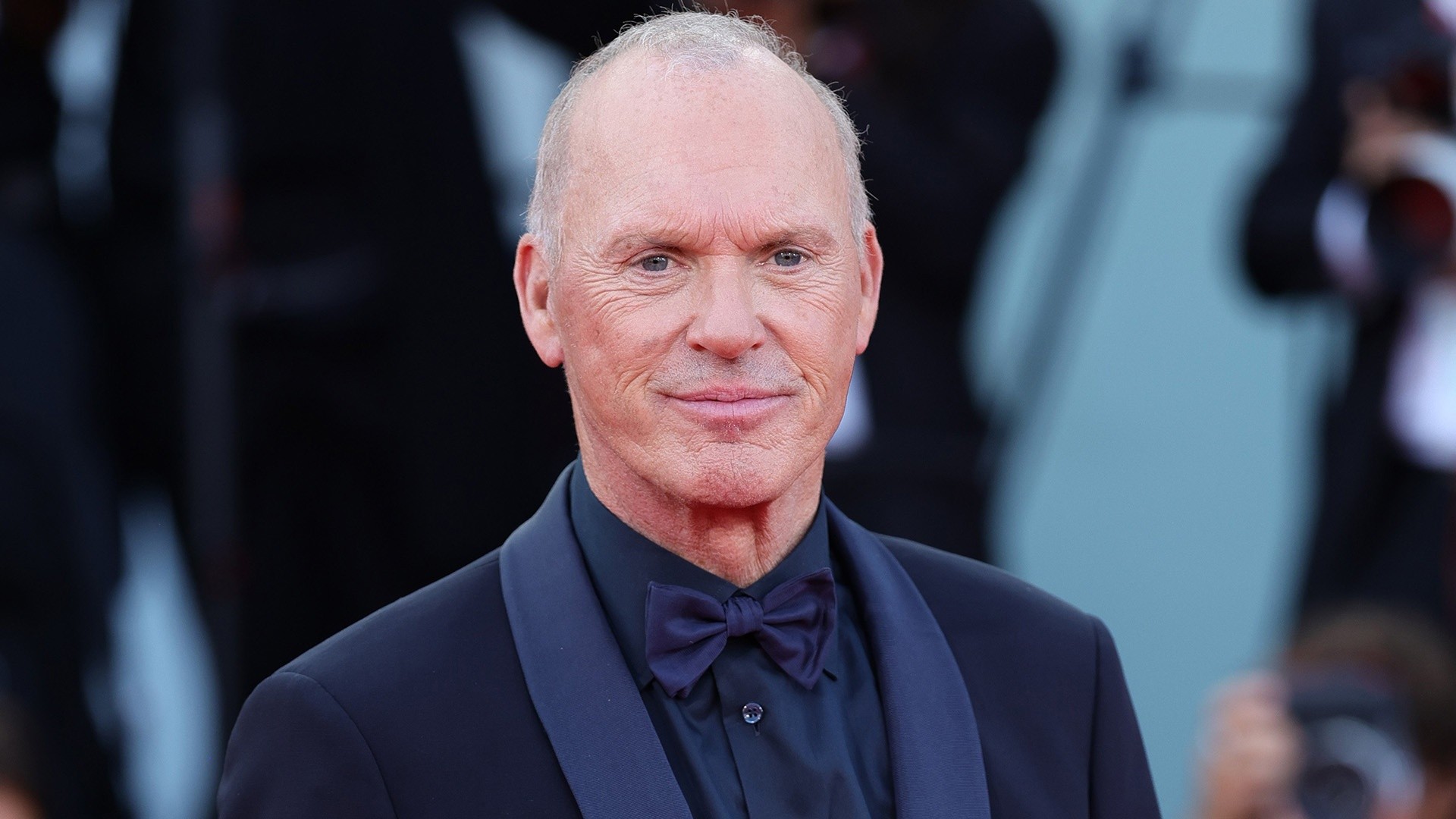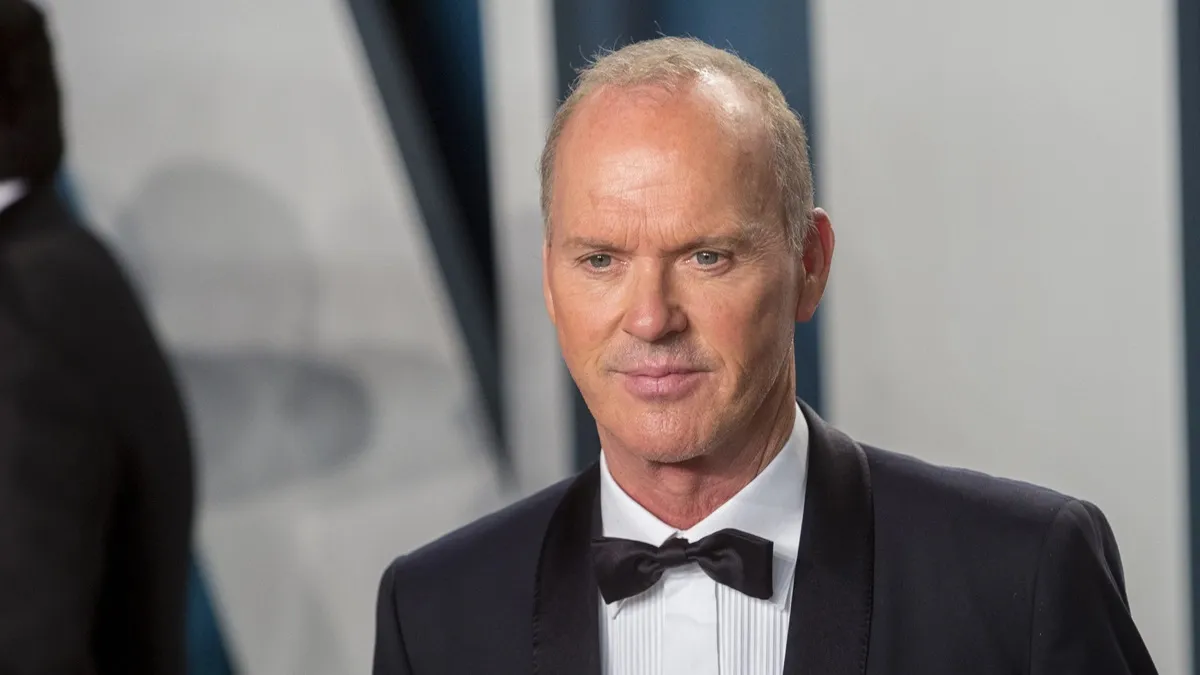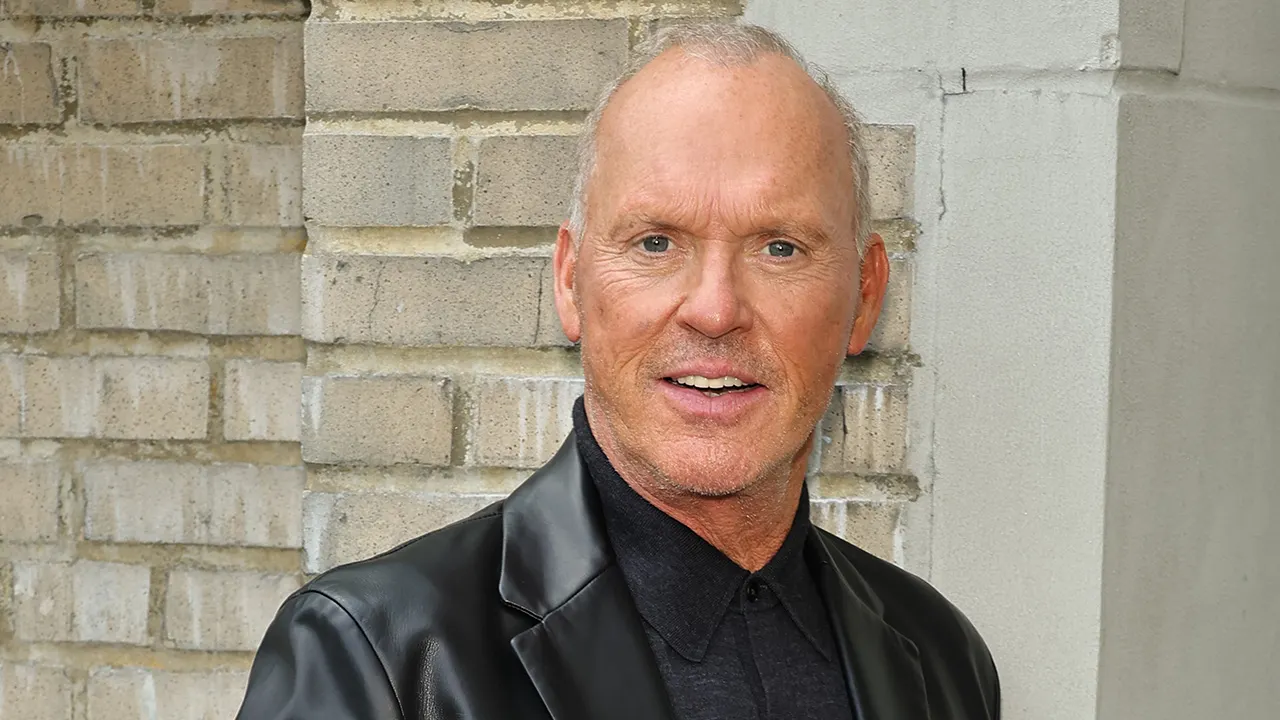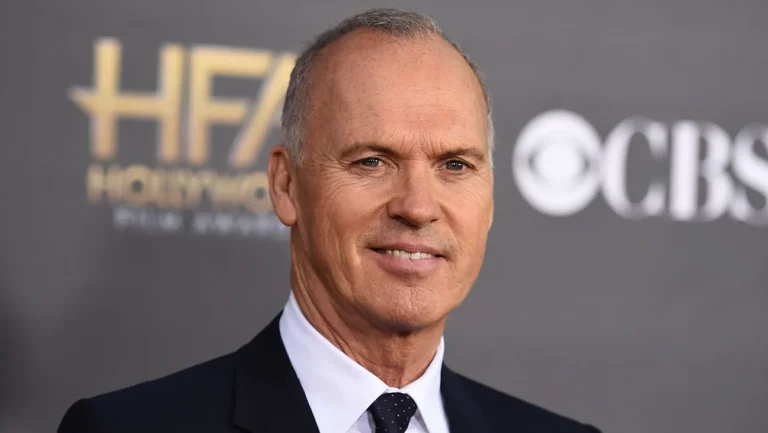Michael Keaton, the legendary actor known for his iconic roles as Batman and the mischievous spirit in Beetlejuice, is currently basking in the spotlight for his return in the much-anticipated sequel Beetlejuice Beetlejuice. During his promotional tour, however, Keaton dropped an unexpected bombshell that got fans talking—he revealed his deep admiration for Quentin Tarantino’s Jackie Brown, a film many consider the weakest in the director’s stellar career.
While Tarantino’s devoted fanbase typically rallies behind his more explosive films like Pulp Fiction or Reservoir Dogs, Jackie Brown often gets sidelined. But for Michael Keaton, this 1997 crime film holds a special place in his heart, for reasons that may surprise even the most die-hard Tarantino followers.

Michael Keaton Opens Up About His Love for Jackie Brown
Sitting down with Wired to discuss his decades-long career, Keaton reflected on everything from donning the cape as Batman to his recent portrayal of Betelgeuse. However, one of the standout moments of the interview came when he shared his thoughts on working with Tarantino on Jackie Brown. In the film, Keaton played ATF Agent Ray Nicolette—a supporting role that he recalls fondly.
“Jackie Brown’s great! I mean, all of his movies are great, but it kind of broke everything down to its simplest form, telling just a very simple narrative and that vibe.”
For Keaton, it wasn’t just the story that stood out—it was the film’s aesthetic. He praised the shot compositions in Jackie Brown, calling them “some of the greatest shots I’ve ever seen.” According to him, the movie’s simplicity allowed for the visuals and soundtrack to shine, making it a standout in his personal filmography.
Why Jackie Brown Falls Short for Many Tarantino Fans
Despite Keaton’s glowing praise, Jackie Brown often ranks at the bottom of Tarantino’s filmography for fans and critics alike. The film is unique for being the only Tarantino movie based on pre-existing material—Elmore Leonard’s novel Rum Punch—which might explain why it lacks some of the director’s usual creative flourishes.
Unlike the non-linear storytelling of Pulp Fiction or the razor-sharp tension of Reservoir Dogs, Jackie Brown unfolds in a much more straightforward manner. The narrative, while tight and cohesive, doesn’t have the same level of surprise or shock value that many associate with Tarantino’s best work. As a result, some fans find it difficult to defend the movie when compared to his more celebrated films.

The simplicity that Keaton admires in the movie is the very aspect that many Tarantino fans feel is missing the director’s signature unpredictability. It’s a crime drama that trades in plot twists for nuanced character interactions, something that might feel too restrained for those accustomed to Tarantino’s usual rollercoaster storytelling style.
A Box Office Success Despite Mixed Reception
However, even if Jackie Brown didn’t receive the same cultural explosion as Pulp Fiction, it was far from a failure. The film earned a respectable 88% on Rotten Tomatoes, a testament to its solid craftsmanship and enduring appeal to critics. Financially, it also proved to be a hit, grossing $74.7 million worldwide on a modest $12 million budget.
The cast, led by Pam Grier in the titular role, was another highlight, with many praising the performances as some of the best of the late ’90s. Keaton’s role as Ray Nicolette, though supporting, was memorable enough that he reprised the character in Steven Soderbergh’s Out of Sight the following year.
Michael Keaton’s Unique Perspective on Jackie Brown
For Michael Keaton, Jackie Brown represents more than just another notch in his already stellar career—it’s a movie that, in his eyes, perfectly balances story and style. While fans may argue about its place in Tarantino’s hierarchy, Keaton sees it as a gem, a film that strips back the excess to deliver something purely cinematic.
“The visuals combined with that soundtrack? Man, it just works. It’s one of those films where everything comes together in a way that’s just right.”
In a career filled with iconic characters, from Batman to Betelgeuse, Keaton’s reflection on Jackie Brown shows just how deeply he values the art of filmmaking—sometimes, it’s not about the flashy scenes or intricate plots, but about how a film makes you feel. And for him, Jackie Brown delivers on all fronts.

While Jackie Brown may not be the Pulp Fiction follow-up some fans had hoped for, it remains a critical and commercial success—and one that Michael Keaton holds close to his heart. For those willing to take a deeper look, the film offers a masterclass in restraint, visual composition, and how music can elevate a narrative.
As Keaton continues to dominate headlines with his return to iconic roles, perhaps it’s time for movie lovers to revisit Jackie Brown and see it through fresh eyes. After all, if one of Hollywood’s greatest actors calls it a masterpiece, it might just be worth another look.
